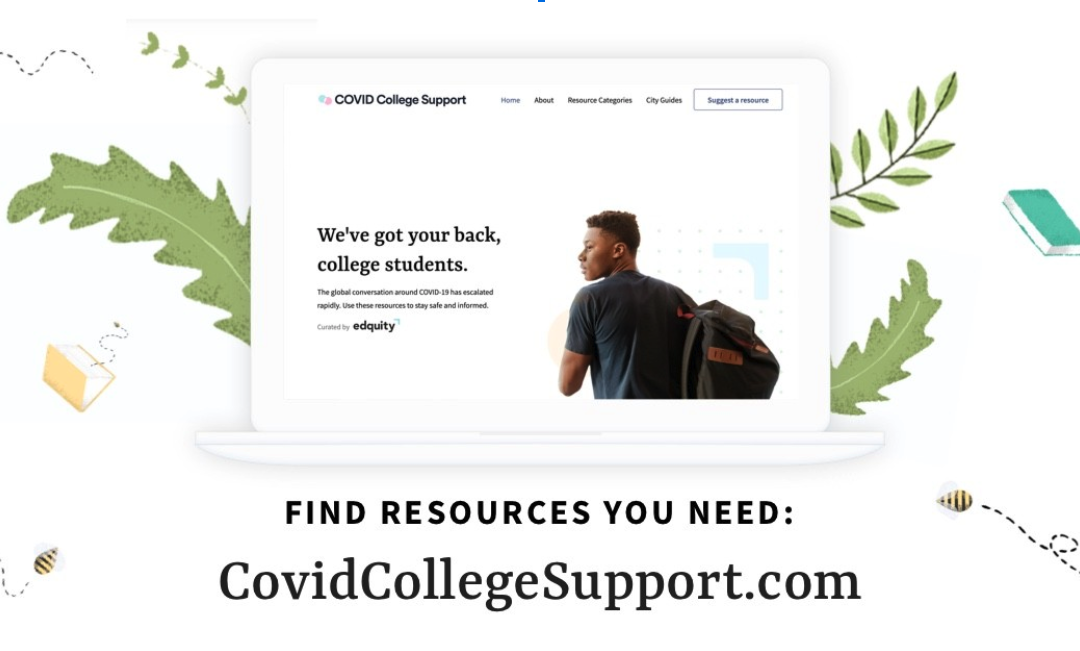This spring, as the country found itself in the grips of a once-in-a-century pandemic, Congress took swift and decisive action to soften the economic impact of nationwide lockdowns. The Coronavirus Aid, Relief and Economic Security (CARES) Act not only provided families with much-needed stimulus payments, it also appropriated over $6B in emergency grants for college students who suddenly found themselves at the center of a health and financial crisis. But two months following the signing of the bill, many struggling students still have not received financial assistance as a result of government bureaucracy and confusion as to how funds are to be disbursed.
Earlier in April, the Department of Education issued guidance to institutions allowing each school to develop its own method of allocating emergency aid, whether to all students or to those demonstrating significant need – as Congress had intended. But the agency almost immediately reversed course, requiring aid recipients to file an approved Free Application for Federal Student Aid (FASFA), which disqualifies large swaths of students including students who have defaulted on loans, students with minor drug convictions, international students stuck in the country, and, notably, undocumented students.
As a result of the muddled government guidance, institutions are confused as how to best get money into the bank accounts of desperate students who need it most. And it’s likely that the appropriated funds will run out soon, leaving learners even more housing and food insecure than ever as we enter the throes of an indefinite crisis. Additional federal funding may be required before fall classes begin, and by then, we remain hopeful that the disbursement process will be improved. In fact, Edquity, a 20MM portfolio company, is already helping to make it happen. Edquity uses technology to distribute emergency aid to college students, and the crisis has made for a remarkable use case as institutions leverage the solution to get money into the hands where it’ll have the greatest impact.
The startup has also launched a COVID-19 College Support Guide intended to help students facing basic needs insecurity navigate the current crisis. The COVID-19 College Support Guide contains a curated repository of resources and tips related to healthcare, housing, food, legal needs, and parenting & childcare.
Edquity founder and CEO, David Helene, believes his company is tailor-made for this moment, saying, “Colleges and universities are distributing an unprecedented amount of emergency aid to help students navigate the COVID-19 crisis and continue their studies. We need to make sure that those funds are managed and distributed in an equitable, timely, and efficacious way. Edquity is uniquely prepared to eliminate the administrative and measurement challenges that plague current approaches to emergency student aid both in the current context and beyond. Our technology is proven in helping our most vulnerable students and communities persist and succeed.”
At the beginning of the year, Edquity announced the completion of an oversubscribed $2.4 million seed funding round backed by several investors and foundations including ECMC Foundation, Omidyar Network, and WGU Labs. In the current environment, the startup’s mission of increasing college accessibility and improving student financial outcomes is more timely than ever.
Help us get Edquity’s College Support Guide into the hands of more college students by sharing it with your network and communities.
To learn more, tune into our interview with Edquity CEO David Helene on The Future of Emergency Student Aid or check out our Q&A with Dr. Sara Goldrick-Rab, leading expert on student basic needs insecurity and emergency aid, on The Challenges of College Affordability.

